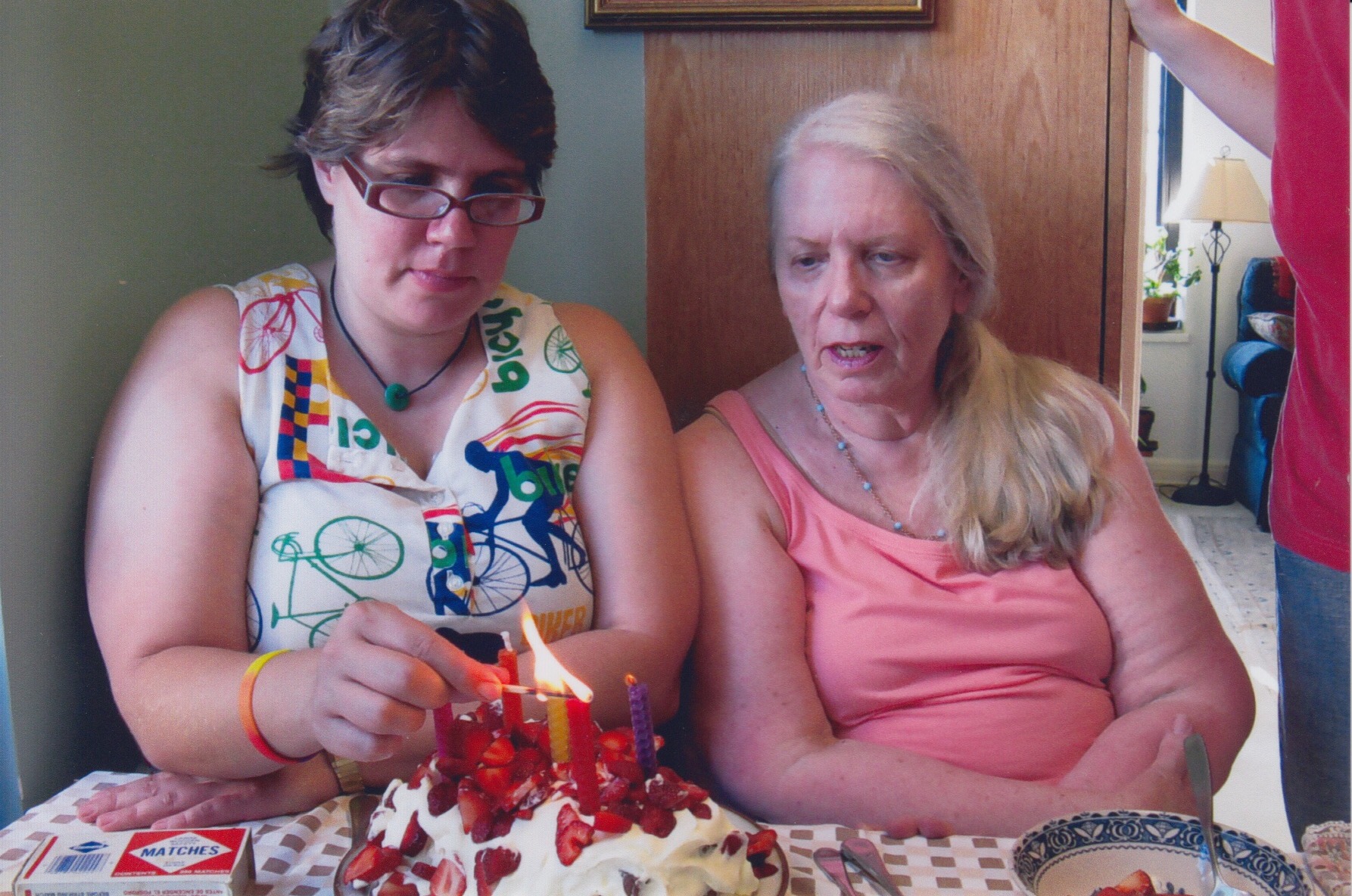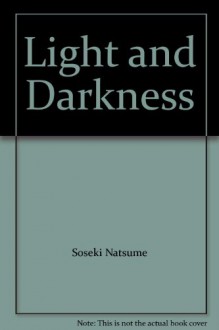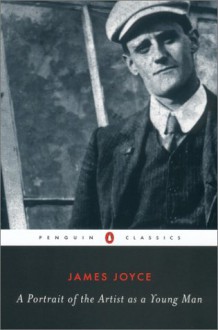
Books of 1916: Part Three: Natsume Soseki and James Joyce
Light and Darkness by Natsume Soseki
This unfinished novel, which was serialized in a newspaper, was Natsume Soseki’s last work, as he died of an ulcer in 1916. As the story begins, the main character Tsuda is going to have an operation on his intestines that sounds incredibly unsound and unclean. Think of the horrible and bizarre medical care we get today and then imagine it 100 times worse! So I was really worried about what was going to happen to Tsuda and felt that he was putting his head in the sand by worrying about his money troubles and his relationship with his wife, etc. But it turned out that the book really was about those things. Tsuda’s illness and operation ended up seeming more metaphorical than an important plot point.
I’m sorry to say that I really struggled to get from one end of this book to the other. I adored Natsume Soseki’s other books Kokoro and Grass on the Wayside. They were so lovely and brilliant. But he didn’t get a chance to edit this book and get it into shape, plus it sounds like he was sick and worried the whole time he was writing it. The afterword said that some critics consider this novel a “postmodern masterpiece” precisely because it is unfinished. But it wasn’t the lack of ending that did me in, it was the whole middle of the book, which dragged and was hard for me to focus on. I liked hearing from the point of view of Tsuda’s wife, O-Nobu, except that it went on and on without resolution. I also liked seeing all the period details of Japanese life, especially now that I’ve actually been to Japan.
Tsuda was a little bit like the main character in Grass on the Wayside in that he didn’t have very good social skills and tended to say things that made people feel bad without meaning to. The story really picked up at the end, when we finally learn Tsuda’s secret, that he has never gotten over the woman he used to love, and he goes to see her in a sanatorium, sort of like the one in The Magic Mountain except Japanese of course. His pretext is that he’s recovering from the surgery and he wants to take the waters, but naturally I was wondering if his pretext would turn out to be the truth and he would never leave. This was the section that I enjoyed the most but of course it came to an abrupt end.
Portrait of the Artist as a Young Man by James Joyce
When I think of James Joyce, I always think of three people in my life who felt very strongly about him. First was my mother, who was a big James Joyce fan and talked to me a lot about him. Second, a boyfriend I had who was also a big Joyce fan, and we used to read bits of Stephen Hero and Ulysses out loud to each other. Third, my wife Aine, who had been forced to read some Joyce in secondary school in County Clare and absolutely hated him, and all other Irish writers she read in school (except Oscar Wilde.) She said they were all pretentious wankers. Early on, I had to work hard to convince her that James Joyce was not a Protestant, as she had lumped him together in her mind with Synge, Yeats, Shaw etc. In fact, just now when I read her this paragraph to see if she endorsed my characterization of her views, I had to persuade her once again that Joyce was not Anglo-Irish.
I read Portrait of the Artist As A Young Man in 2002, sure that I was going to love it as much as I loved everything else I’d read by Joyce. And indeed I was hooked by the opening page (“When you wet the bed, first it is warm and then it gets cold.”) I loved reading about the childhood of this sensitive boy Stephen Dedalus, and how his family argued at the dinner table about Parnell, and all about the scary priests who ran everything. But then I got to the part where Stephen starts going to prostitutes at around the age of fifteen, and I was completely bewildered and grossed out. Then he catches religion and becomes devout. Then he starts rabbiting on about art and aestheticism.
I had utterly lost sympathy with the protagonist and the author. Not only that, this Stephen Dedalus character began to remind me incredibly strongly of the Joyce-worshipping boyfriend, whom I had just broken up with weeks earlier. They were both totally pretentious and couldn’t keep it in their pants! (This is the same boyfriend who would get me so angry, the one I mentioned earlier in my review of These Twain. He’s certainly getting a harsh edit in these book reviews. Who knew he was so inextricably linked to 1916? He did have many good qualities, which were not at the forefront of my mind when read Portrait of the Artist.)
I ended up despising this novel. I bet if I re-read it now having had more life experience, I would have a more gentle and forgiving eye, but I probably never will. (Also, what kind of person likes Stephen Hero but not this one, when Stephen Hero is just an earlier draft of the same book? I think it’s pretty clear that the problem was mainly me, or mainly the ex-boyfriend.) I do get another chance to give James Joyce a fair shake in 1918 with his play Exiles.
I inherited my mom’s copy of this novel. It’s all marked up with notes, including D.H. Lawrence’s assessment of Joyce—“too terribly would-be and done-on-purpose, utterly without spontaneity or real life”—to which I say, people who live in glass houses shouldn’t throw stones. Much more magically, this copy contains photographs of me and my mom and Aine. Look at how happy we all were back then! These were from my birthday, in 2010 or even earlier.



 Log in with Facebook
Log in with Facebook 














